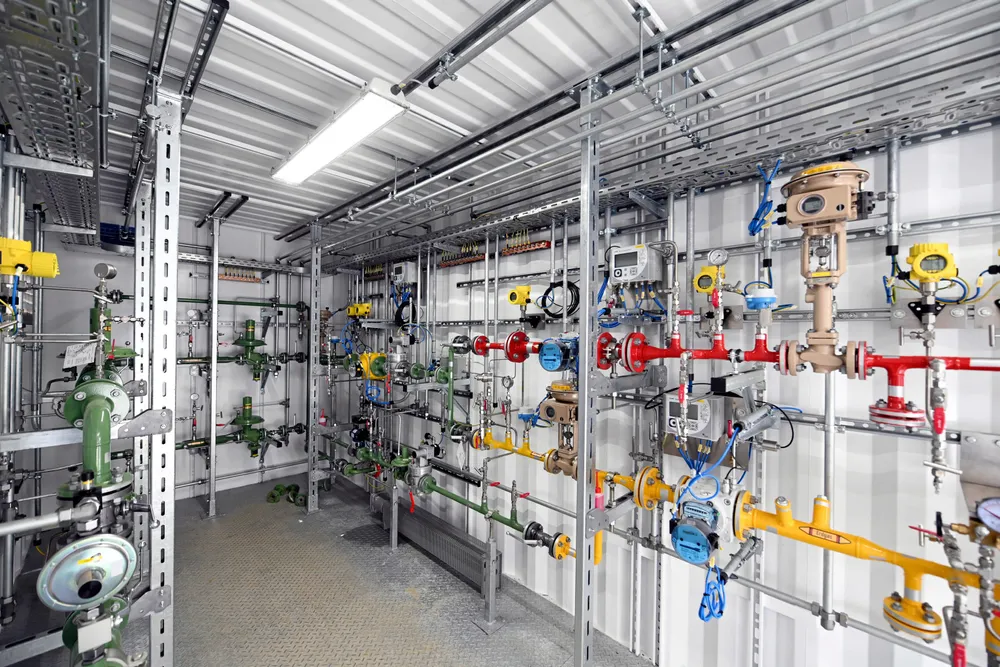German gas distributor says network is ready for 30% hydrogen blend following successful pilot scheme
The grid ‘worked without any problems’ during tests involving 26 homes in Baden-Württemberg, says Netze BW

The grid ‘worked without any problems’ during tests involving 26 homes in Baden-Württemberg, says Netze BW
